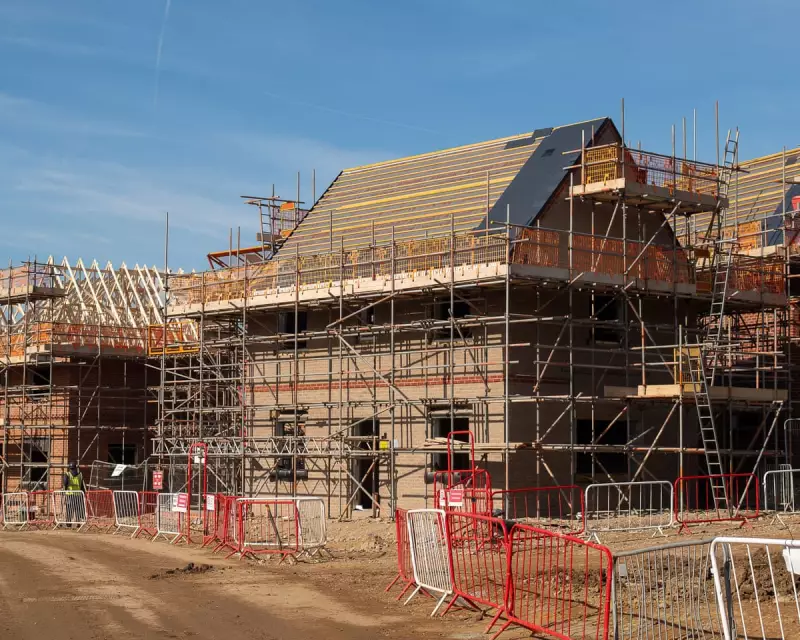
The Labour government is facing accusations of betraying its environmental principles after quietly removing crucial pollution controls for large housing developments in one of its first major planning policy changes.
What Exactly Has Changed?
In a move that has stunned environmental campaigners, ministers have scrapped the requirement for 'nutrient neutrality' rules that forced developers to prove their projects wouldn't pollute rivers with excess nutrients like phosphates and nitrates.
These regulations, designed to protect vulnerable waterways from agricultural and development runoff, had become a significant hurdle for housebuilders planning major projects.
The 'Shameful' Decision
Environmental organisations are calling the policy shift 'a shameful gift to housebuilders' that prioritises construction targets over environmental protection.
'This isn't just a U-turn; it's a complete abandonment of Labour's promises to be the greenest government ever,' one campaigner stated. 'They've handed developers exactly what they wanted on a silver platter.'
Why This Matters for Our Rivers
- Nutrient pollution causes algal blooms that choke rivers of oxygen
- Many UK waterways are already in poor ecological health
- The removal of safeguards could accelerate environmental decline
- Taxpayers may ultimately foot the bill for cleaning up pollution
Housebuilders' Windfall
For the construction industry, this represents a significant victory. The nutrient neutrality rules had been blamed for holding up an estimated 100,000 new homes across England.
Industry representatives had lobbied heavily against what they called 'bureaucratic red tape' slowing down vital housing delivery.
Political Fallout
The decision places Labour in an awkward position, having criticised similar attempts by the previous Conservative government to weaken environmental protections.
Critics argue the government is choosing short-term housing targets over long-term environmental sustainability, raising questions about how it will meet its own ambitious nature recovery goals.
As one environmental lawyer noted: 'This isn't just about building homes; it's about whether we're building them in a way that protects the natural world for future generations.'





